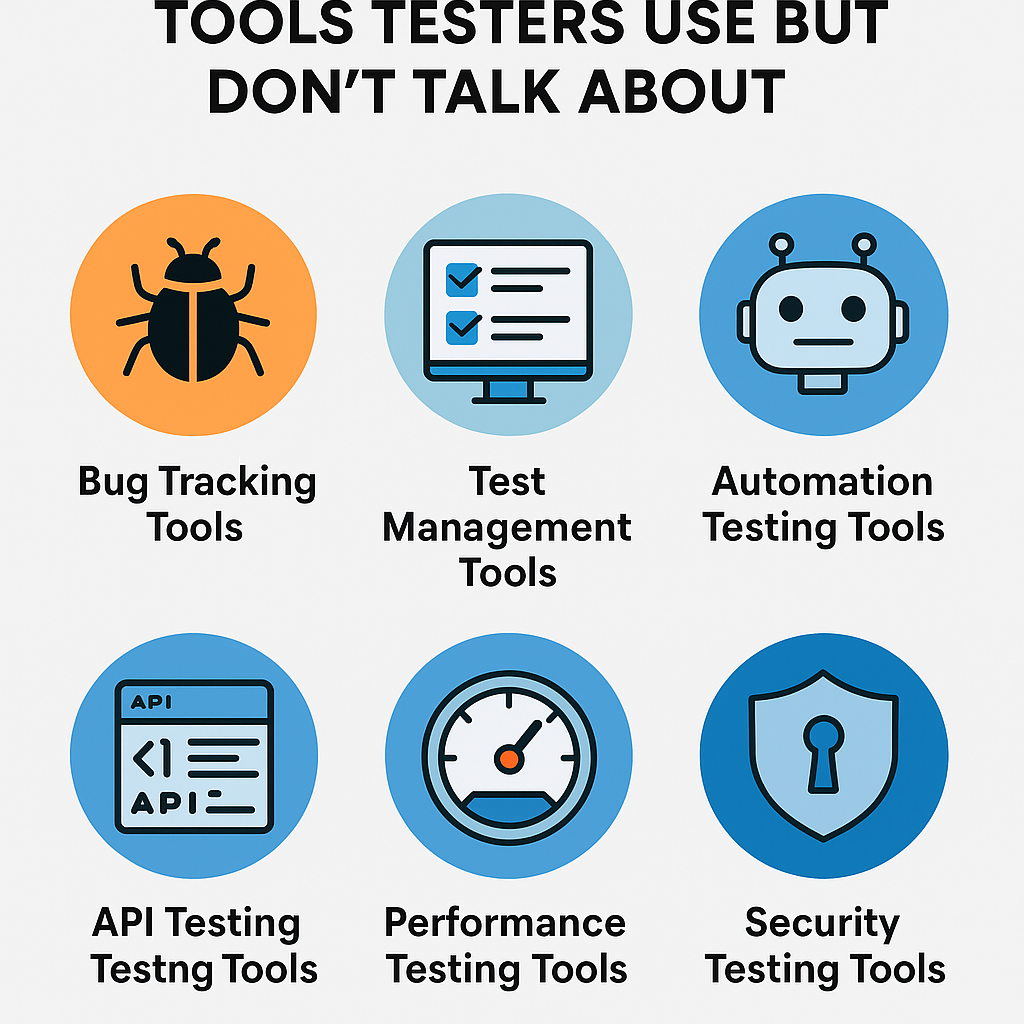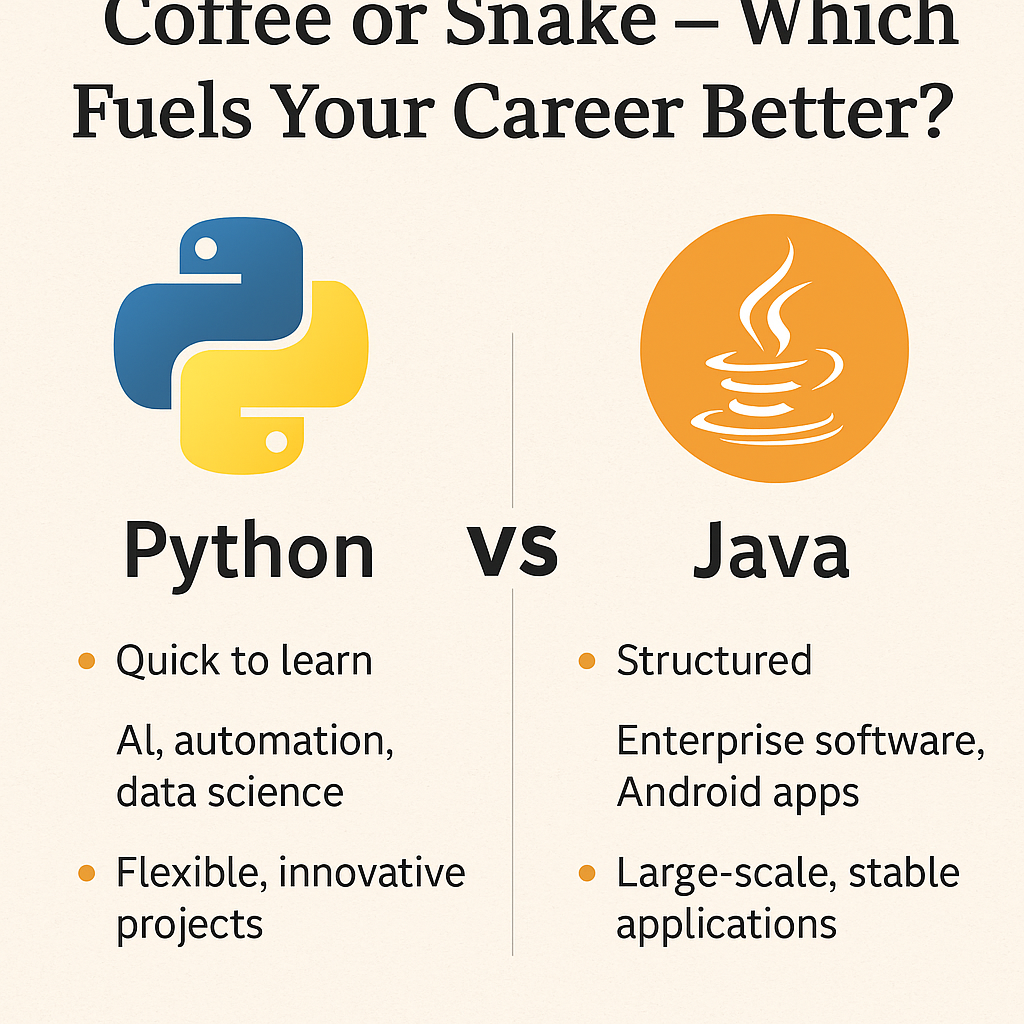Are you beginning your journey as a manual tester and curious about the career opportunities that lie ahead? Understanding the Manual Testing Career Path is essential if you’re looking to move up the ladder from junior roles to more advanced positions. With the right approach and skill development, manual testers can successfully advance into senior-level roles and beyond. This article will walk you through the typical progression in a manual testing career, the skills required at each level, and tips to help you excel.
The Importance of a Strong Foundation in Manual Testing
Before we dive into how to grow in your Manual Testing Career Path, it’s important to understand that a strong foundation is key. Whether you’re starting as a fresher or transitioning from another IT field, mastering the basics of manual testing sets the stage for your career growth.
Junior Manual Tester: The Starting Point
The entry-level role in the Manual Testing Career Path is the Junior Manual Tester. In this position, you’ll focus on learning the fundamentals of testing, executing test cases, reporting bugs, and collaborating with development teams. Common responsibilities at this level include:
- Understanding test plans and writing basic test cases
- Performing functional and non-functional testing
- Reporting bugs and defects
- Using testing tools like JIRA or Bugzilla
At this stage, building a strong understanding of manual testing techniques and tools is crucial for your next career steps.
Mid-Level Manual Tester: Expanding Skills and Responsibilities
After gaining experience as a junior tester, the next step in your Manual Testing Career Path is becoming a mid-level tester. This role comes with additional responsibilities and requires more in-depth knowledge of testing processes. Key responsibilities at this stage include:
- Designing complex test cases and creating test strategies
- Understanding requirements deeply to create comprehensive test plans
- Collaborating with cross-functional teams for more seamless testing and development
- Conducting regression, integration, and exploratory testing
Gaining knowledge in Agile methodology, improving problem-solving skills, and adopting tools for test management can significantly boost your growth at this stage.
Senior Manual Tester: Leadership and Strategic Testing
Becoming a Senior Manual Tester is a major milestone in the Manual Testing Career Path. Senior testers take on leadership roles within the testing team and are often responsible for mentoring junior testers. Common tasks at this stage include:
- Leading test efforts and managing testing teams
- Designing complex test scenarios and optimizing testing processes
- Collaborating with stakeholders to ensure quality deliverables
- Developing test frameworks and providing strategic guidance
At this point, you’ll also likely get involved in test automation initiatives and provide insights into improving overall software quality.
How to Progress to Senior Roles
To move from mid-level to senior roles, you’ll need to focus on continuous learning, leadership skills, and specialization. Here are a few tips:
- Develop Expertise: Build deep knowledge in specific domains like performance testing, security testing, or mobile app testing.
- Automation Exposure: While manual testing is vital, gaining an understanding of test automation can make you more versatile and valuable.
- Mentorship and Leadership: Actively mentor junior testers and take on leadership responsibilities within your team.
- Certifications: Obtaining certifications like ISTQB Advanced or other specialized courses can help you stand out.
Beyond Senior Manual Tester: Exploring Leadership Roles
The Manual Testing Career Path doesn’t end at the senior tester level. Many testers eventually move into managerial or specialized testing roles, such as:
- Test Manager: Overseeing test teams, defining test strategies, and ensuring testing processes align with business goals.
- Quality Assurance Lead: Ensuring end-to-end product quality by coordinating with development, design, and operations teams.
- Specialist Roles: Becoming an expert in performance, security, or API testing can lead to more specialized and lucrative roles in your career.
Conclusion
The Manual Testing Career Path offers a clear progression from junior to senior roles, with many opportunities for growth along the way. Whether you’re just starting or already have some experience, focusing on building the right skills, gaining relevant certifications, and continuously improving your testing abilities can help you advance to more senior positions in this exciting and essential field.












